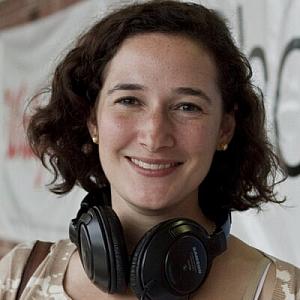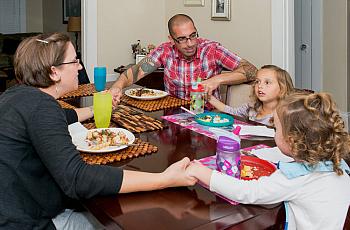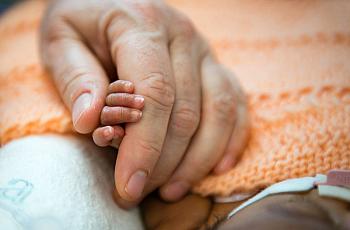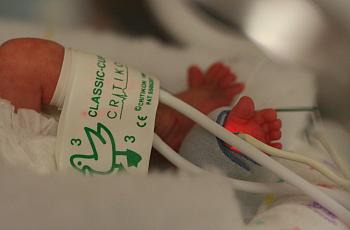
Jenny Gold
Correspondent

Correspondent

Anne and Omar Shamiyeh first learned something was wrong with one of their twins during an ultrasound, when Anne was 18 weeks pregnant. "The technician was, like, 'Well, there's no visualization of his stomach,'" Anne recounted. "And I was like, 'How does our baby have no stomach?'"

More and more, doctors like are looking to parents to help make difficult decisions on how much treatment to give babies born very sick and premature, as well as figuring out when it's time to let them go. There's now more emphasis on parents' values and preferences in such cases.

Technology to care for very sick and premature infants has improved dramatically over the past two decades. But these incredible measures also mean parents and neonatologists in the NICU face complex ethical questions when deciding how much care to provide and when to stop.